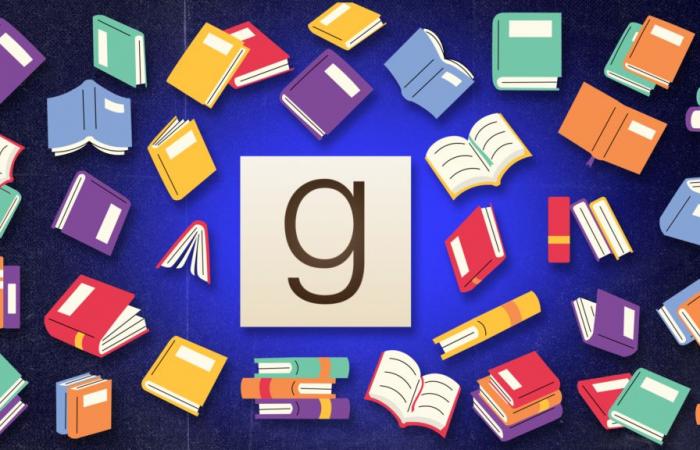In 2013, Amazon bought Goodreads and integrated it into its ecosystem. The giant, which today controls more than 50% of the printed book market in the United States, uses reviews left on Goodreads to influence the visibility of works on its site.
When shopping for a book on Amazon, it is possible to see the ratings left by Goodreads users. This integration allows Amazon to optimize its algorithms and recommend books in a more targeted way, based on user feedback.
But this synergy between the two platforms is not without drawbacks. The profit margins received by authors are often lower when a book is sold on Amazon than in a physical bookstore. An observation which fuels the debate around Amazon’s growing monopoly on the book industry.
The good sides of the platform
“For me, the fact that my books are so well rated, and that people rate them so quickly, it creates a craze, casually,” says Marie-Christine Chartier, successful Quebec author. With an average of 4.24 stars on Goodreads, his novels – including his most recent work The Ink Boy – continue to appeal to a wide audience.
“Even me, when I don’t really know what to read, sometimes I go to see what’s trending on Goodreads,” she confides. It goes to show that even here, this platform influences our reading habits and shapes literary tastes.
Belgium






